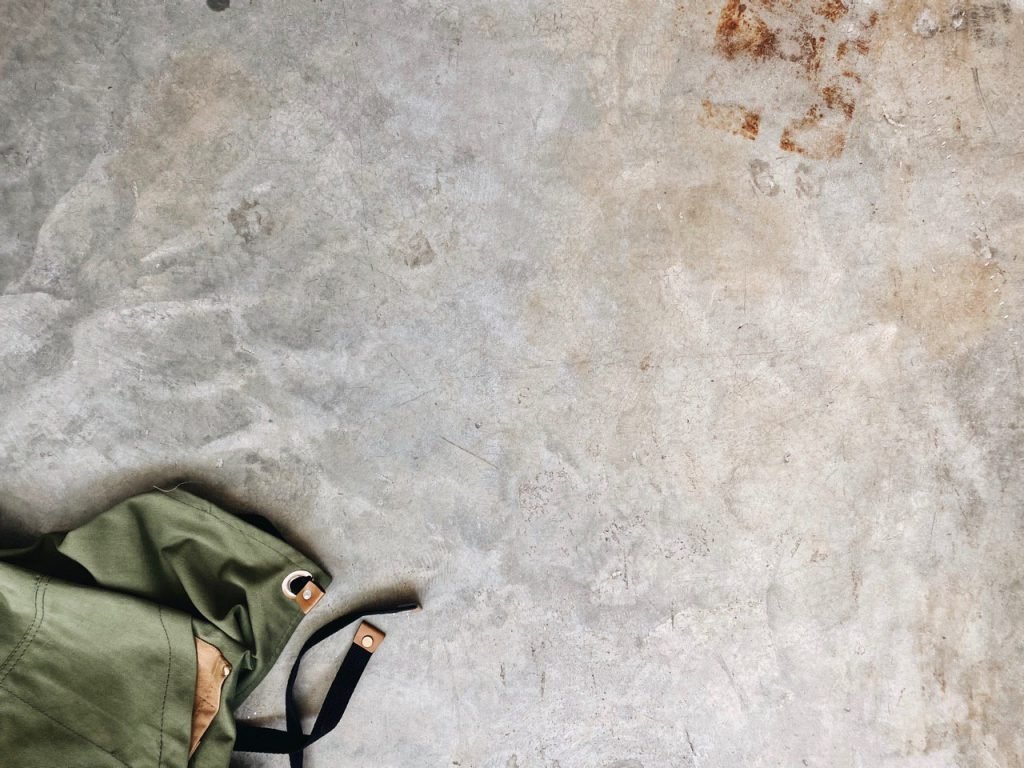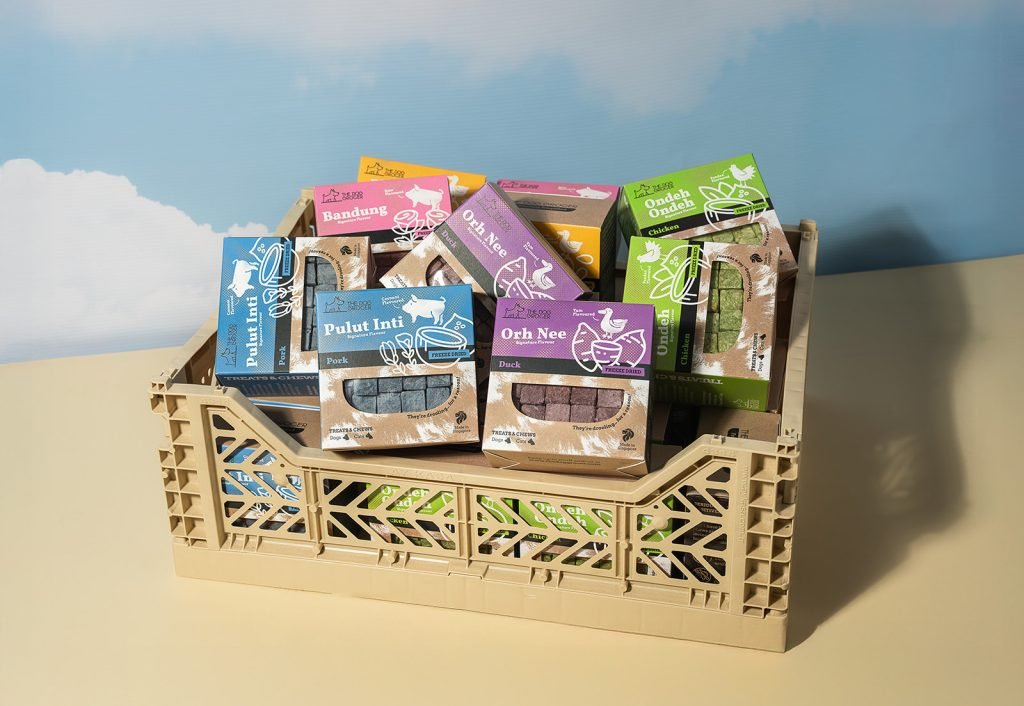CHOOSING SUSTAINABLE SEAFOOD (WHERE WE CAN)
For some of our product ranges — like our Wild Caught Atlantic Cod and Pollock — we’ve chosen to source from fisheries that follow responsible, sustainable fishing practices. This means working with suppliers who take care to protect marine ecosystems and maintain healthy fish populations for the future.
While we can’t guarantee that all our ingredients are from sustainable sources, we make a conscious effort to choose them where possible — all while keeping our products accessible and fairly priced. It’s all about finding the right balance between doing good and staying practical.



